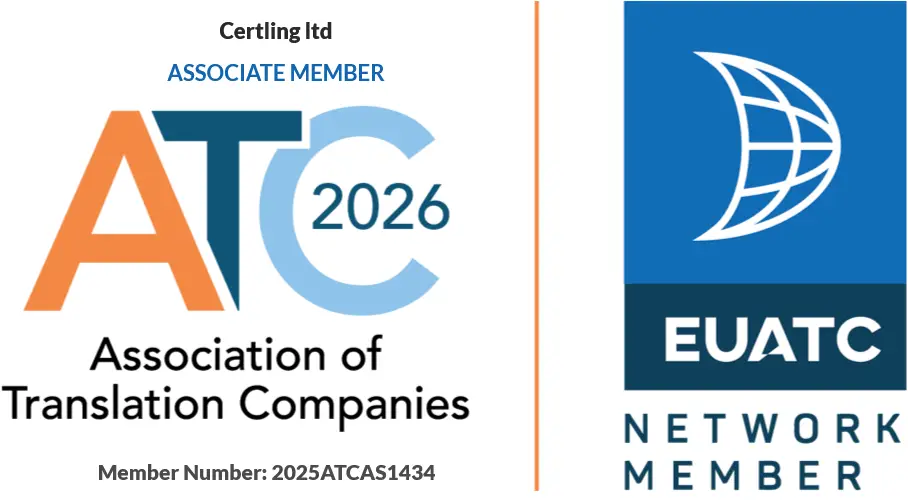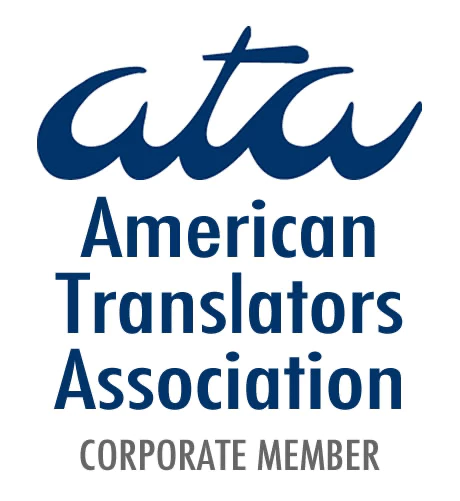- Check If You Can Apply for Indefinite Leave to Remain (ILR)
- How to Apply for Indefinite Leave to Remain
- UK Settlement Visa Fees
- Certified Translations for Indefinite Leave to Remain Applications
Check If You Can Apply for Indefinite Leave to Remain (ILR)
There are multiple routes to obtaining Indefinite Leave to Remain based on your visa type or circumstances. Let’s look at the key pathways:
If You Work in the UK
You can apply for ILR if you’ve lived and worked in the UK for a specific period, typically 5 years on most work visas. However, some visa types, like the Innovator Founder Visa or Global Talent Visa, allow you to apply after 3 years. Here’s a breakdown of key work visas that lead to ILR:
- Skilled Worker Visa (T2)
- Scale-up Worker Visa
- Global Talent Visa
- Tier 1 (Entrepreneur or Investor) Visa
- Innovator Founder Visa
- International Sportsperson Visa
Depending on your visa, you may also need to meet salary or financial requirements. For example, skilled workers may need to demonstrate earnings at or above the required threshold for their job role.
Certified Translations: If any supporting documents, such as financial records or employment contracts, are in a language other than English or Welsh, you must provide a certified translation.
If You Have Family in the UK
If your partner, parent, or child is a British citizen or holds ILR, you may be eligible to apply. Eligibility depends on how your family member settled in the UK, and there are special provisions for those whose partner has passed away or if your relationship ended due to domestic violence.
Certified Translations: Birth certificates, marriage certificates, and other relationship documents in foreign languages will require certified translations.
Long Residence: 10-Year Route
If you’ve lived continuously in the UK for 10 years, you may qualify for ILR based on long residence. This applies regardless of your visa type. Additionally, a different route may apply if you’ve been living in the UK based on your private life.
Commonwealth Citizens and Ancestry Visa Holders
Commonwealth citizens with a UK Ancestry Visa can apply for ILR after 5 years of residence. Additionally, some Commonwealth citizens have the right of abode, meaning they can live and work in the UK without immigration restrictions. You can also apply for ILR through the Windrush Scheme.
Refugees and Humanitarian Protection
If you have refugee status, humanitarian protection, or Discretionary Leave, you may be eligible to apply for ILR. If you previously held ILR and are returning to the UK, you may also apply.
How to Apply for Indefinite Leave to Remain
You must apply online for ILR. The process varies depending on your current visa type and whether you are inside or outside the UK. Supporting documents include your passport, visa details, and any evidence of residence or financial status. Certling offers fast, reliable certified translations for any non-English documents you need to submit.
UK Settlement Visa Fees
The standard fee for applying for ILR is £2,404, plus the healthcare surcharge, depending on your visa. Processing times may vary, so it’s advisable to apply well before your current visa expires.
Certified Translations for Indefinite Leave to Remain Applications
All documents not in English or Welsh must be submitted with a certified translation. This includes birth certificates, marriage certificates, financial documents, and proof of employment. At Certling, we provide certified translations that comply with UKVI standards, helping you ensure your ILR application is complete and accurate.
For more details on ILR, eligibility, and official guidelines, visit the UK government’s page on Indefinite Leave to Remain.



